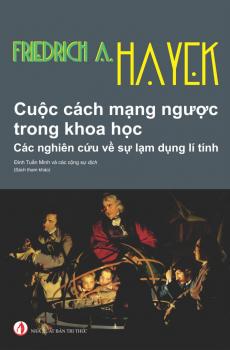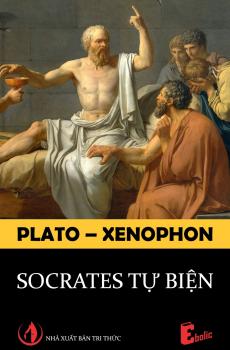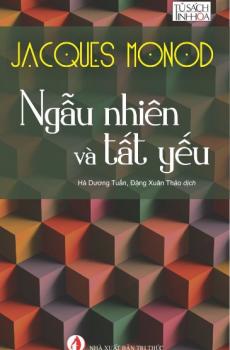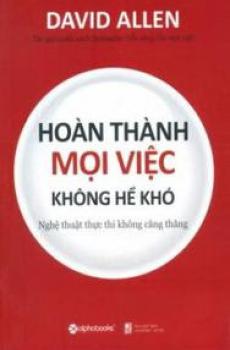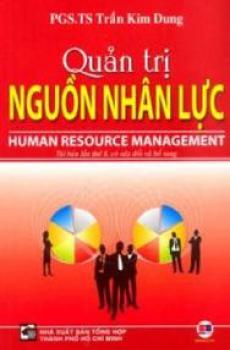Studies in the Psychology of Sex, Volume 1
Studies in the Psychology of Sex, Volume 1
Đăng nhập để đọc sách và tải về file pdf miễn phí
| Nhà xuất bản | Chưa rõ |
|---|---|
| Nhà xuất bản sách tiếp cận | Public domain |
| Năm xuất bản | 2004 |
| Coppy right | chưa |
The origin of these Studies dates from many years back. As a youth I was faced, as others are, by the problem of sex. Living partly in an Australian city where the ways of life were plainly seen, partly in the solitude of the bush, I was free both to contemplate and to meditate many things. A resolve slowly grew up within me: one main part of my life-work should be to make clear the problems of sex.
That was more than twenty years ago. Since then I can honestly say that in all that I have done that resolve has never been very far from my thoughts. I have always been slowly working up to this central problem; and in a book published some three years ago—Man and Woman: a Study of Human Secondary Sexual Characters—I put forward what was, in my own eyes, an introduction to the study of the primary questions of sexual psychology.
Now that I have at length reached the time for beginning to publish my results, these results scarcely seem to me large. As a youth, I had hoped to settle problems for those who came after; now I am quietly content if I do little more than state them. For even that, I now think, is much; it is at least the half of knowledge. In this particular field the evil of ignorance is magnified by our efforts to suppress that which never can be suppressed, though in the effort of suppression it may become perverted. I have at least tried to find out what are the facts, among normal people as well as among abnormal people; for, while it seems to me that the physician's training is necessary in order to ascertain the facts, the physician for the most part only obtains the abnormal facts, which alone bring little light. I have tried to get at the facts, and, having got at the facts, to look them simply and squarely in the face. If I cannot perhaps turn the lock myself, I bring the key which can alone in the end rightly open the door: the key of sincerity. That is my one panacea: sincerity.
I know that many of my friends, people on whose side I, too, am to be found, retort with another word: reticence. It is a mistake, they say, to try to uncover these things; leave the sexual instincts alone, to grow up and develop in the shy solitude they love, and they will be sure to grow up and develop wholesomely. But, as a matter of fact, that is precisely what we can not and will not ever allow them to do. There are very few middle-aged men and women who can clearly recall the facts of their lives and tell you in all honesty that their sexual instincts have developed easily and wholesomely throughout. And it should not be difficult to see why this is so. Let my friends try to transfer their feelings and theories from the reproductive region to, let us say, the nutritive region, the only other which can be compared to it for importance. Suppose that eating and drinking was never spoken of openly, save in veiled or poetic language, and that no one ever ate food publicly, because it was considered immoral and immodest to reveal the mysteries of this natural function. We know what would occur. A considerable proportion of the community, more especially the more youthful members, possessed by an instinctive and legitimate curiosity, would concentrate their thoughts on the subject. They would have so many problems to puzzle over: How often ought I to eat? What ought I to eat? Is it wrong to eat fruit, which I like? Ought I to eat grass, which I don't like? Instinct notwithstanding, we may be quite sure that only a small minority would succeed in eating reasonably and wholesomely. The sexual secrecy of life is even more disastrous than such a nutritive secrecy would be; partly because we expend such a wealth of moral energy in directing or misdirecting it, partly because the sexual impulse normally develops at the same time as the intellectual impulse, not in the early years of life, when wholesome instinctive habits might be formed. And there is always some ignorant and foolish friend who is prepared still further to muddle things: Eat a meal every other day! Eat twelve meals a day! Never eat fruit! Always eat grass! The advice emphatically given in sexual matters is usually not less absurd than this. When, however, the matter is fully open, the problems of food are not indeed wholly solved, but everyone is enabled by the experience of his fellows to reach some sort of situation suited to his own case. And when the rigid secrecy is once swept away a sane and natural reticence becomes for the first time possible.
This secrecy has not always been maintained. When the Catholic Church was at the summit of its power and influence it fully realized the magnitude of sexual problems and took an active and inquiring interest in all the details of normal and abnormal sexuality. Even to the present time there are certain phenomena of the sexual life which have scarcely been accurately described except in ancient theological treatises. As the type of such treatises I will mention the great tome of Sanchez, De Matrimonio. Here you will find the whole sexual life of men and women analyzed in its relationships to sin. Everything is set forth, as clearly and as concisely as it can be—without morbid prudery on the one hand, or morbid sentimentality on the other—in the coldest scientific language; the right course of action is pointed out for all the cases that may occur, and we are told what is lawful, what a venial sin, what a mortal sin. Now I do not consider that sexual matters concern the theologian alone, and I deny altogether that he is competent to deal with them. In his hands, also, undoubtedly, they sometimes become prurient, as they can scarcely fail to become on the non-natural and unwholesome basis of asceticism, and as they with difficulty become in the open-air light of science. But we are bound to recognize the thoroughness with which the Catholic theologians dealt with these matters, and, from their own point of view, indeed, the entire reasonableness; we are bound to recognize the admirable spirit in which, successfully or not, they sought to approach them. We need to-day the same spirit and temper applied from a different standpoint. These things concern everyone; the study of these things concerns the physiologist, the psychologist, the moralist. We want to get into possession of the actual facts, and from the investigation of the facts we want to ascertain what is normal and what is abnormal, from the point of view of physiology and of psychology. We want to know what is naturally lawful under the various sexual chances that may befall man, not as the born child of sin, but as a naturally social animal. What is a venial sin against nature, what a mortal sin against nature? The answers are less easy to reach than the theologians' answers generally were, but we can at least put ourselves in the right attitude; we may succeed in asking that question which is sometimes even more than the half of knowledge.
It is perhaps a mistake to show so plainly at the outset that I approach what may seem only a psychological question not without moral fervour. But I do not wish any mistake to be made. I regard sex as the central problem of life. And now that the problem of religion has practically been settled, and that the problem of labor has at least been placed on a practical foundation, the question of sex—with the racial questions that rest on it—stands before the coming generations as the chief problem for solution. Sex lies at the root of life, and we can never learn to reverence life until we know how to understand sex.—So, at least, it seems to me.
Having said so much, I will try to present such results as I have to record in that cold and dry light through which alone the goal of knowledge may truly be seen.
HAVELOCK ELLIS.
July, 1897.



